Migration surge eats into WA budget surplus
WA’s much-lauded operating surplus came in lower than forecast at $3.2bn, amid signs that years of a booming economy have put a strain on the state’s infrastructure.
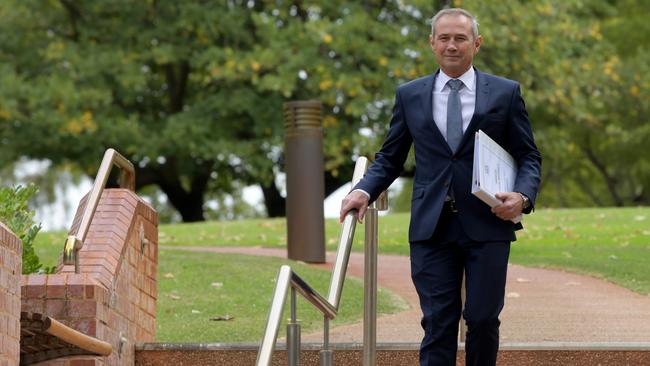
Western Australia will use its swollen Treasury coffers to deal with the side effects of record migration, amid signs that years of a booming economy have put a strain on the state’s infrastructure.
WA Treasurer Rita Saffioti on Thursday announced a host of investments across transport, housing, hospitals, training and energy after the state experienced its highest levels of permanent arrivals from overseas and interstate.
The state’s much-lauded operating surplus came in at just over $3.2bn, lower than the more than $3.7bn forecast during December’s mid-year update, in an indication that WA’s financial fortunes may have peaked. Iron ore prices have fallen by some 30 per cent this year, while commodities such as lithium and nickel have also experienced substantial falls.
The state’s debt is also expected to rise markedly in coming years amid heavy ongoing spending in infrastructure, from just over $27bn in 2023 to almost $41bn by 2028.
Some 94,000 people moved to WA last financial year, putting the state’s population on track to break through the three million mark in the next 12 months.
Those arrivals have put a strain on the state’s housing market in particular, with rising rents being a key driver of inflation.
Ms Saffioti said while the influx of people into the state helped support the economy by keeping consumption strong and bringing more workers into a hungry labour market, it created challenges around housing in particular. “This is an extraordinary period for WA where we are seeing the impacts in the economy that we couldn’t forecast from a few years ago,” she said.
“We will continue to work to make sure we can adapt to the ever-changing environment.”
The Cook government has so far opted for the carrot instead of the stick when trying to open up extra housing for the state’s exceptionally tight rental market.
The government has already offered financial incentives to airbnb operators who make their properties available for long-term rent instead, and the state has now also announced a $5000 bonus for those who make available for rent houses that are sitting empty.
The smaller than forecast surplus was blamed on a delayed receipt of promised commonwealth grants.
The budget also included a host of cost-of-living measures, headlined by another $400 credit to household utility bills. That credit will arrive next summer, just months out from the March state election. That is on top of the payments already announced for families with school-aged children, with households receiving $150 per primary school child and $250 for each high school student.
“We’ve seen Queensland go with an energy credit and we’ve seen Victoria go with a student assistance payment. We’ve been able to do both,” Ms Saffioti said.
The cash handouts are dwarfed by the record-high spending on infrastructure, including $10.6bn this year and more than $42bn over the next four years.
That spend over the coming years includes almost $12bn on transport, including almost $5bn for the government’s Metronet projects, $13.4bn on utilities including $7bn towards decarbonising the state’s energy grid, and $3.2bn towards boosting a health system that had struggled to cope through the pandemic.
Ms Saffioti denied the spending plans would exacerbate labour issues across the state, which has the lowest unemployment levels in the country. Spending on transport infrastructure would start to decline, she said, freeing up capacity to move into other key areas such as utilities and hospitals.
“Our feedback … in areas such as reinforced steel, concrete and bulk earthworks, some of the key drivers or services required for transport infrastructure projects have now tailed off,” she said. “So capacity is opening up on a range of different fronts.”
Despite headwinds in commodity prices and signs of strain on infrastructure, Ms Saffioti insisted the best was still to come for the state.
The WA arm of the Urban Development Institute of Australia said more needed to be done to make a dent in a forecast 30,000 housing shortfall over the next five years. UDIA WA chief executive Tanya Steinbeck said construction cost pressures continued to make it difficult for the private sector to deliver the apartment developments needed to grow supply.
The latest surplus was given the tick of approval by S&P Global Ratings. Analyst Anthony Walker said there was upside in the state’s surplus forecasts, with the state enjoying fiscal metrics that were stronger than nearly all domestic and global peers. “The state’s robust financial management, very high income economy, and exceptional liquidity also support the rating. These strengths help counterbalance risks associated with the state’s dependence on the resources sector,” he said.
WA’s growing state debt will still be just a fraction of that on the books of other states. The operating surplus of $3.4bn also compares favourably to the $2.2bn deficit announced by Victoria earlier this week, and the $12.8bn deficit recorded by NSW last year.
WA’s run of budget surpluses have been driven by iron ore royalties and the guaranteed floor in GST distributions.


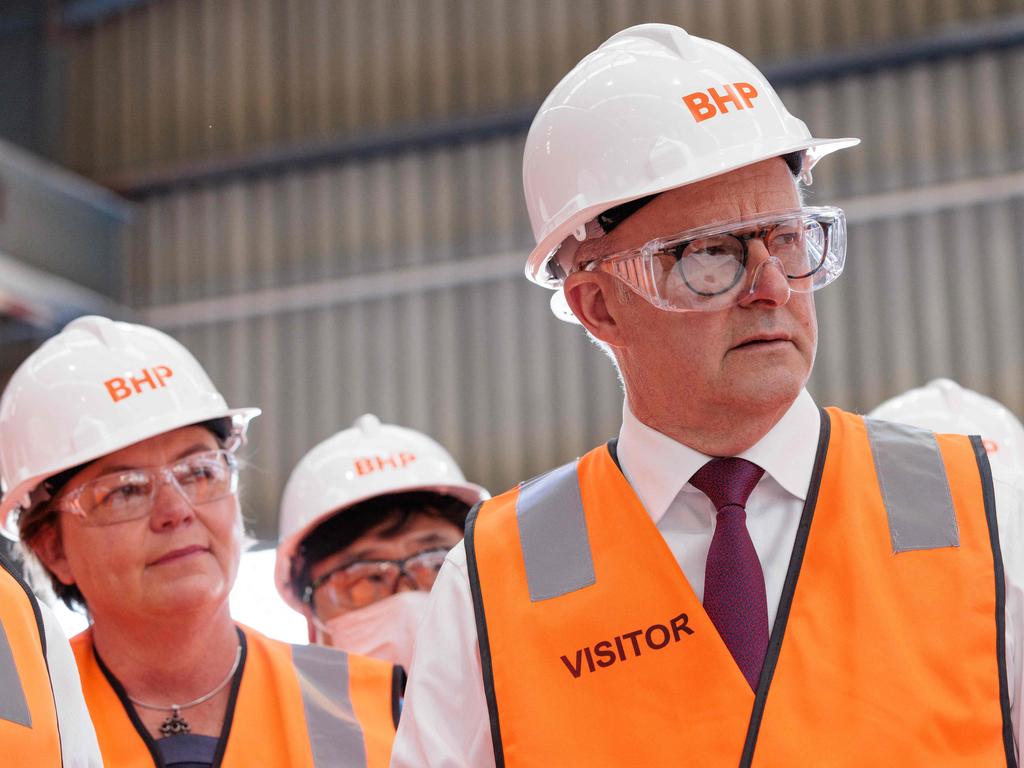
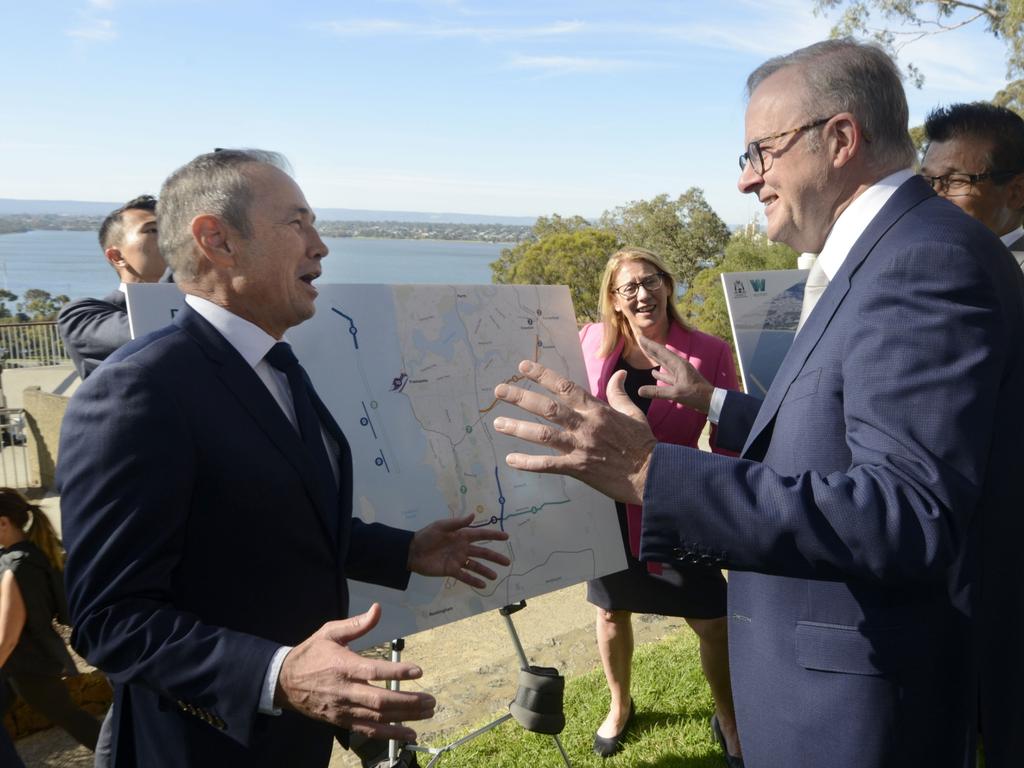
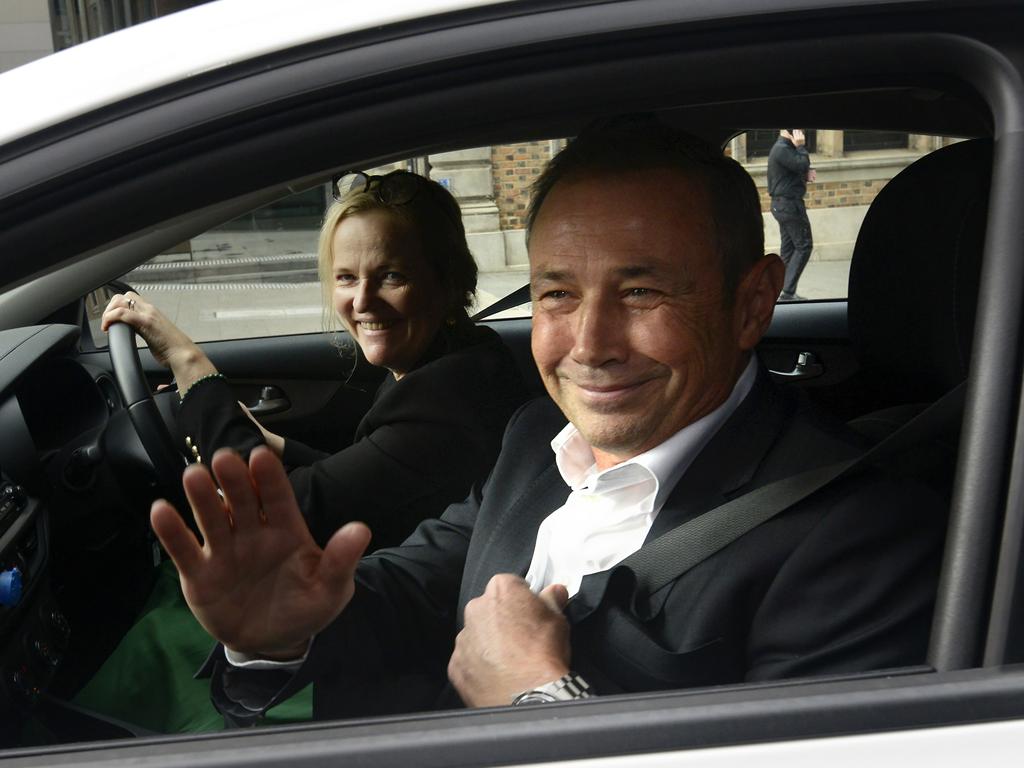
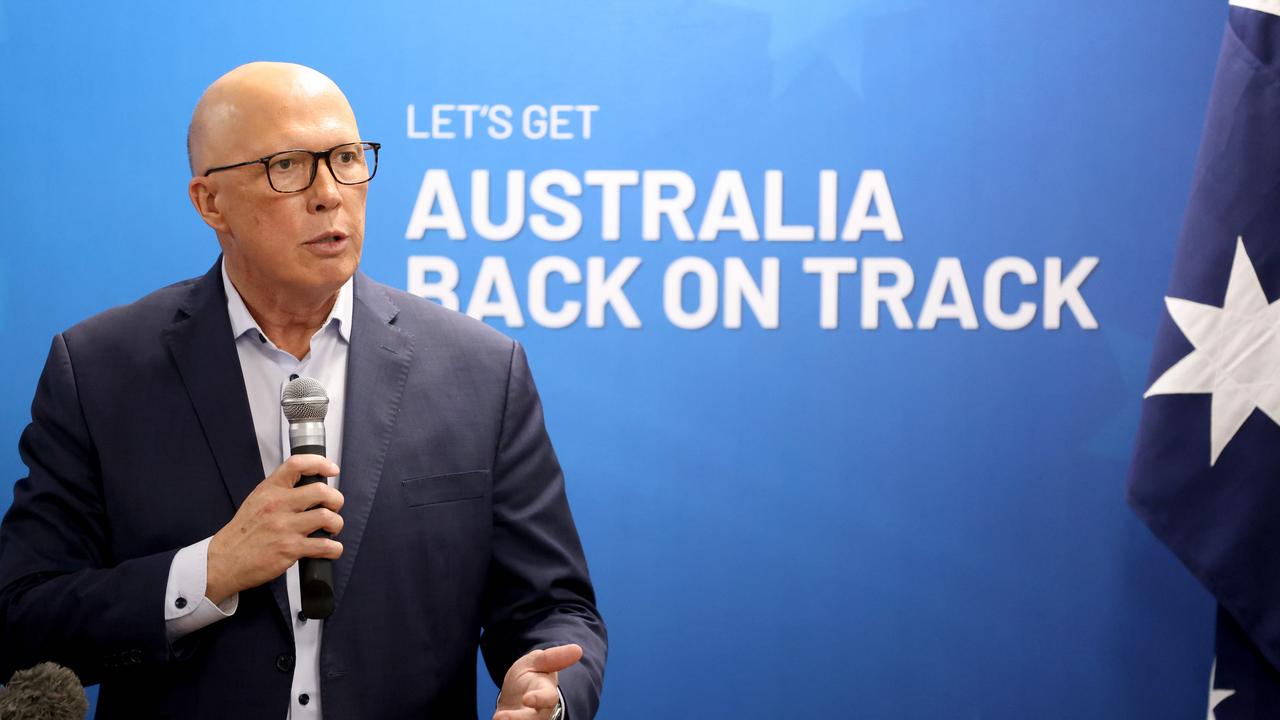
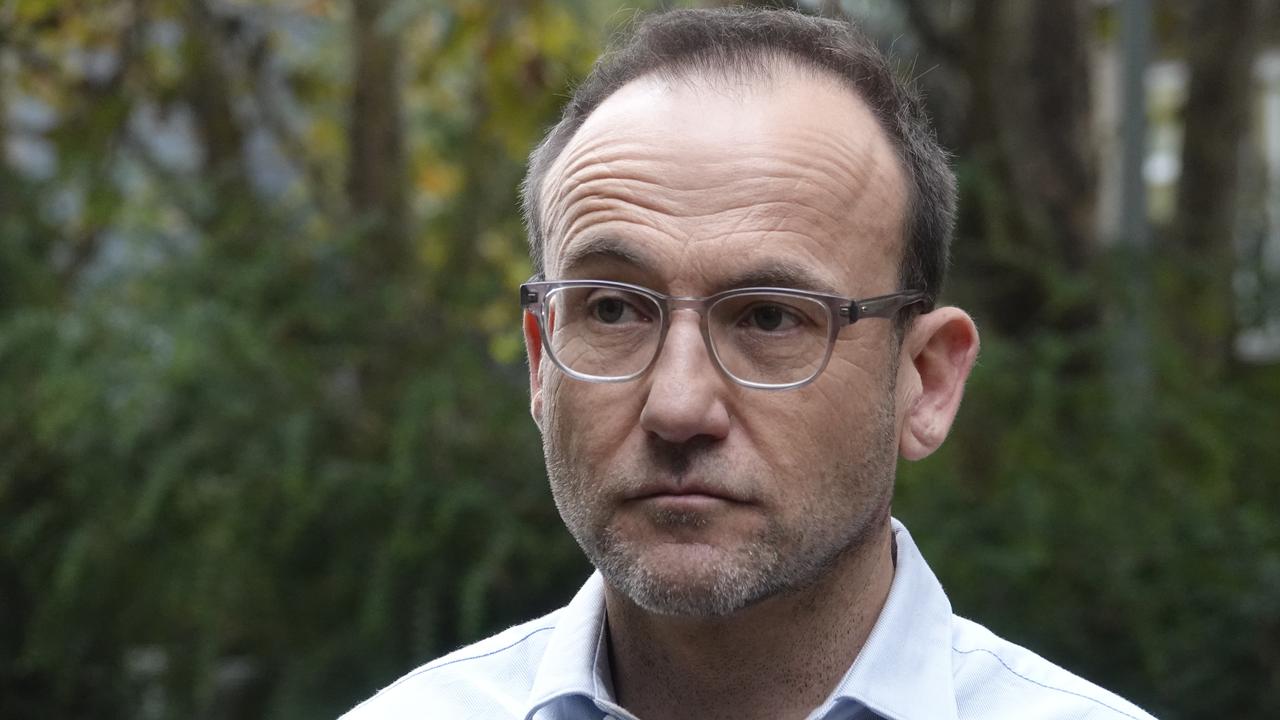
To join the conversation, please log in. Don't have an account? Register
Join the conversation, you are commenting as Logout